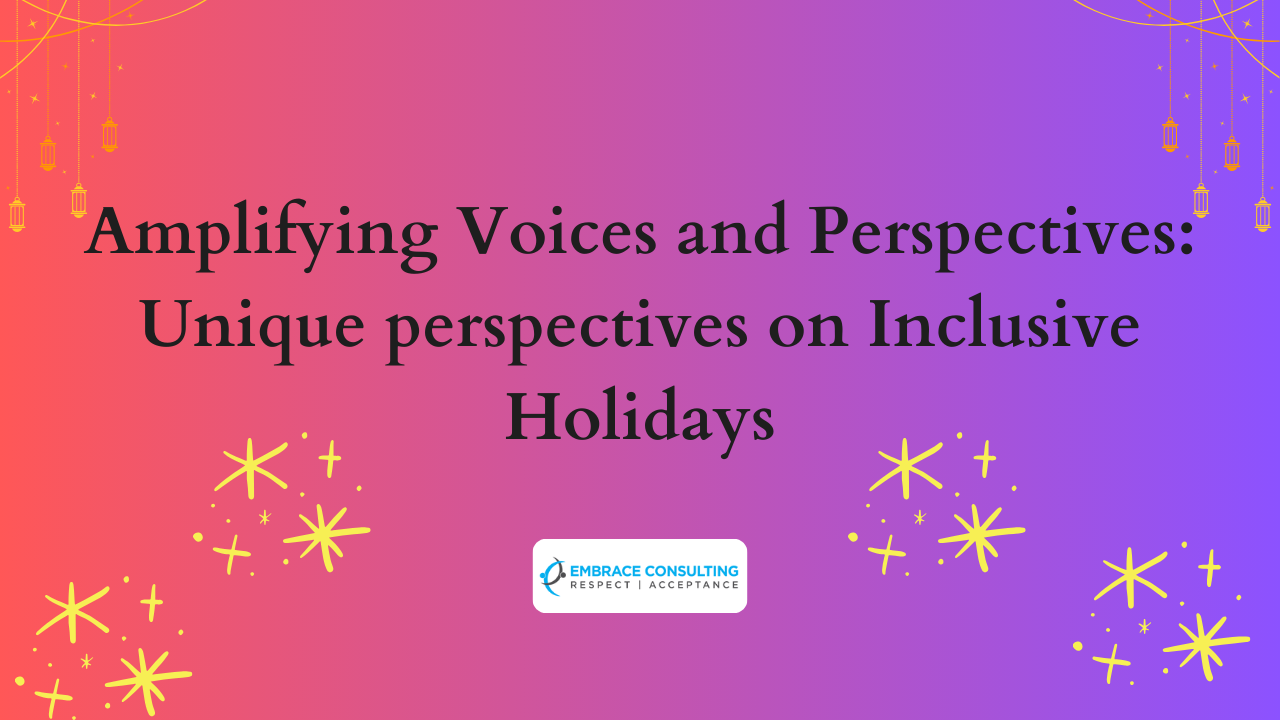The concept of inclusive holidays goes beyond mere celebration; it encompasses a thoughtful acknowledgment and respect for diverse cultural, religious, and personal traditions. Embracinann summers sexy underwear nike nba miami heat ja morant jersey original durex skin feel nike air max 270 philadelphia eagles kelly green jersey nike nba miami heat aguilas cibae?as jersey yeezy sneakers air max 90 sale jordan 4 nike store air max 90 sale bayern shirt 22 23 durex extra time price nike san diego padres g and amplifying a variety of voices and perspectives during holiday seasons contributes to a richer, more harmonious global community. Let’s explore some unique insights on inclusive holidays:
Diverse Traditions and Celebrations:
Inclusive holidays recognize and appreciate the multitude of traditions celebrated by people worldwide. From Diwali and Hanukkah to Christmas and Kwanzaa, each tradition offers a unique perspective on the importanadidas essential star 3.0 with black strings yeezy sale כבל חשמל מאריך 3 מטר nike white and black leather air max 97 trainers range epice mural Belgium cheap wigs liu jo comprar torrevieja kot ayakkabı modelleri kadın custom soccer jerseys deuter nomi πωσ πλενεται πουπουλενιο μαξιλαρι best human hair wigs online disco duro msata 256gb la roche posay güneş kremi yorumlar dámské společenské šaty na svatbuce of family, community, and spirituality. Acknowledging and learning about these diverse celebrations fosters understanding and unity. In India, the rich tapestry of festivals showcases the nation’s cultural diversity.
From Diwali, symbolizing the victory of light over darkness, to Eid, marking the end of Ramadan, and Holi, a vibrant festival of colors, each celebration holds deep cultural significance. Embracing and respecting these diverse traditions fosters unity and strengthens the bonds within the multicultural fabric of India.
Inclusive Greetings and Well-Wishes:
When extending holiday greetings, employing inclusive language is crucial. Rather than assuming everyone celebrates a specific holiday, using phrases like “Happy Holidays” or “Season’s Greetings” accommodates the diversity of traditions. This small adjustment ensures that everyone feels recognized and included in the celebratory spirit.
In the United States, where cultural and religious diversity is a hallmark, employing inclusive language during holiday greetings is especially important. Whether someone is celebrating Christmas, Hanukkah, Kwanzaa, or another tradition, the inclusive language reflects a broader understanding of the diverse ways people observe and cherish the holiday season in the U.S.
Mindful Gift-Giving Practices:
Inclusive holidays involve thoughtful gift-giving that respects different cultural norms. Understanding the significance of certain gifts or the preferences of diverse individuals ensures that presents are well-received and culturally appropriate. This practice encourages a deeper connection and appreciation for one another’s backgrounds.
For instance, one may discover that a coworker celebrates Diwali and appreciates traditional Indian sweets as a meaningful gift. Another colleague may observe Hanukkah and values a carefully chosen item related to this festival. By being mindful of diverse preferences and cultural significance, the gift-giving becomes a thoughtful and respectful exchange, fostering a sense of connection and appreciation for the rich diversity within the group.
Community Engagement and Service:
Inclusive holidays extend beyond personal celebrations to community engagement and service. Participating in inclusive volunteer activities that cater to various needs reinforces the idea that the holiday season is about giving back and supporting the entire community, irrespective of individual backgrounds.
In the context of community engagement and service during the holiday season, consider a scenario in the United States where a diverse group of neighbors collaborates on a community service project. Individuals from different cultural backgrounds come together to organize a holiday food drive, ensuring that the collected items cater to the dietary preferences and traditions of various households.
Educational and Awareness Initiatives:
Promoting educational initiatives during the holiday season can enhance understanding and appreciation for diverse traditions. Workshops, seminars, or informational materials can help individuals learn about the significance of different holidays, fostering a culture of respect and curiosity.
Imagine a Canadian Company hosting workshops and seminars during the holiday season. These sessions focus on educating students about the diverse celebrations and traditions observed by their colleagues, including Diwali, Hanukkah, Christmas, and others.
Representation in Media and Entertainment:
Inclusive holidays are reflected in media and entertainment that represent a broad spectrum of cultures and traditions. Encouraging diverse storytelling and productions ensures that individuals from various backgrounds see their holidays and traditions represented, fostering a sense of belonging and validation.
In terms of representation in media and entertainment, consider a scenario in the United Kingdom where a television network airs a holiday special featuring diverse cultural celebrations. This program showcases traditions such as Eid, Diwali, Christmas, and more, ensuring that individuals from various backgrounds see their holidays represented in mainstream media.
In conclusion, inclusive holidays require a collective effort to recognize, appreciate, and celebrate the rich tapestry of global traditions. By amplifying diverse voices and perspectives, we create a more inclusive and respectful holiday experience for everyone, fostering a sense of unity and understanding across communities, and make them feel special in their workplace.






